Long distance dissolved iron transport in the North-East Pacific revealed by multiple tracers and an ocean circulation model
Sieber and co-authors have made extensive use of the multi-tracer approach, coupled to an oceanic circulation model…
Some recent GEOTRACES science findings are reported below.
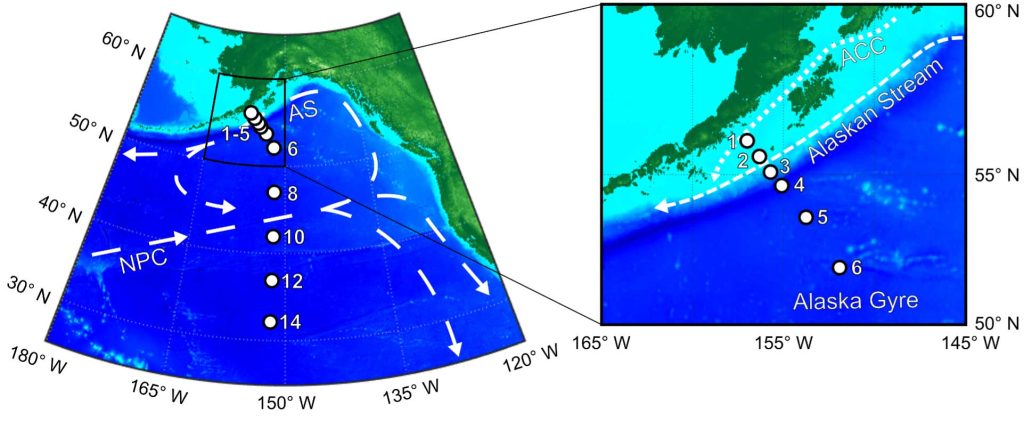
Sieber and co-authors have made extensive use of the multi-tracer approach, coupled to an oceanic circulation model…

Lagarde and co-authors investigated the Rare Earth Element cycle along the GA01 transect…
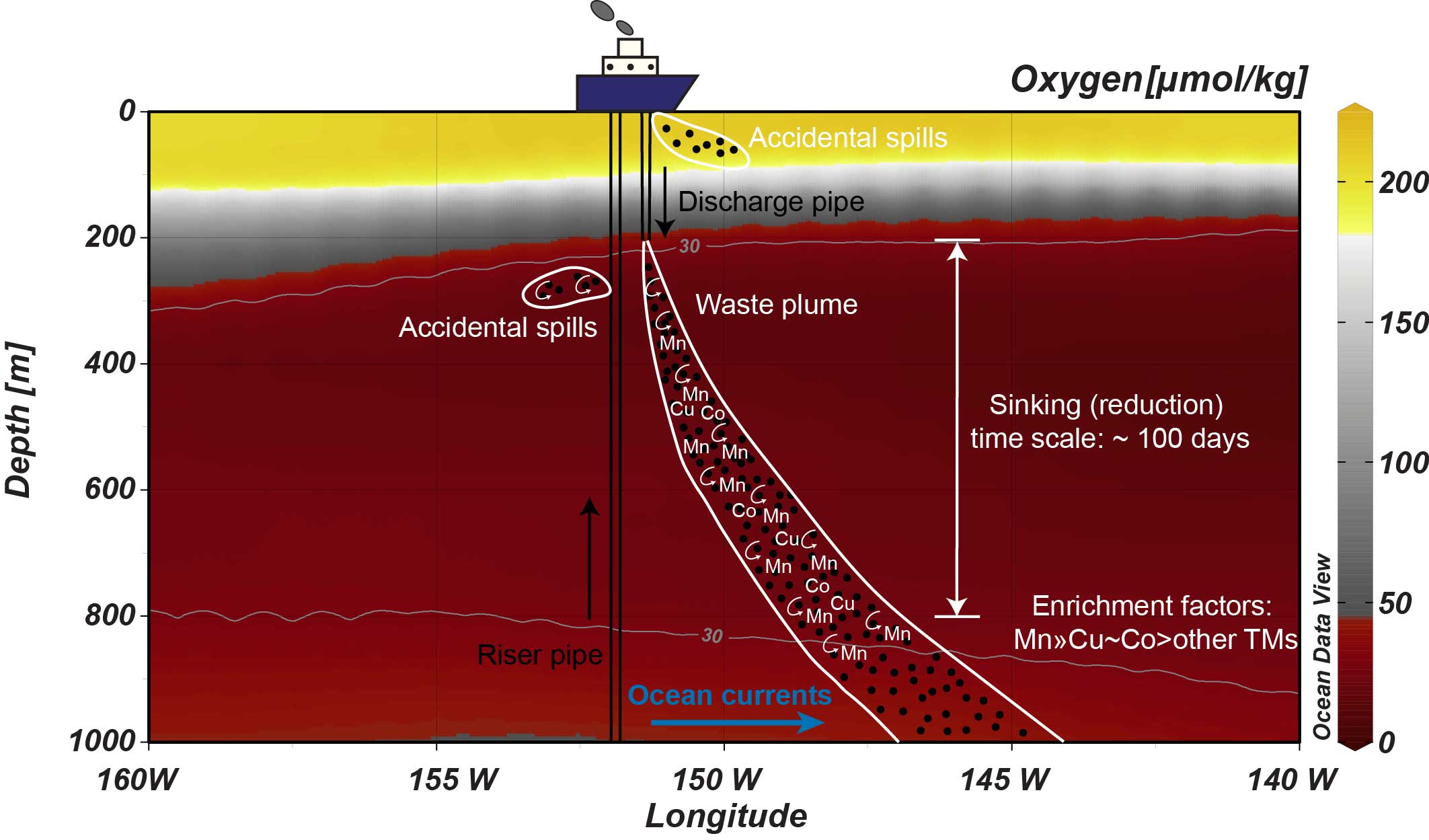
Xiang and his colleagues conducted laboratory incubation experiments that simulate mining discharge into anoxic waters…

Barium and radium-226 are not just proxies for nutrients and ocean circulation but are themselves marine biogeochemical tracers…

Vanessa Hatje and a group of Rare Earth Element (REE) specialists propose an exhaustive review on the behaviour of REE.
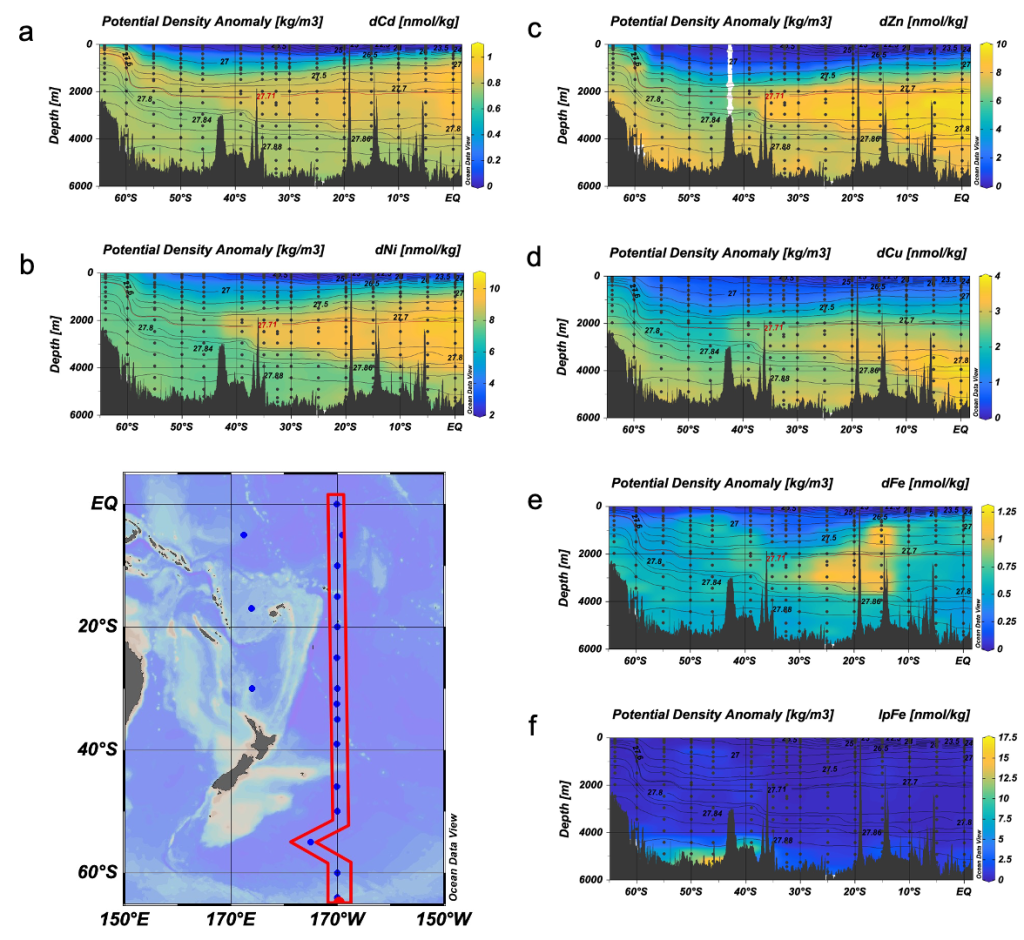
Zheng and his colleagues propose the first full sections of the simultaneous dissolved distributions of five nutrient-type trace metals in the western South Pacific Ocean.
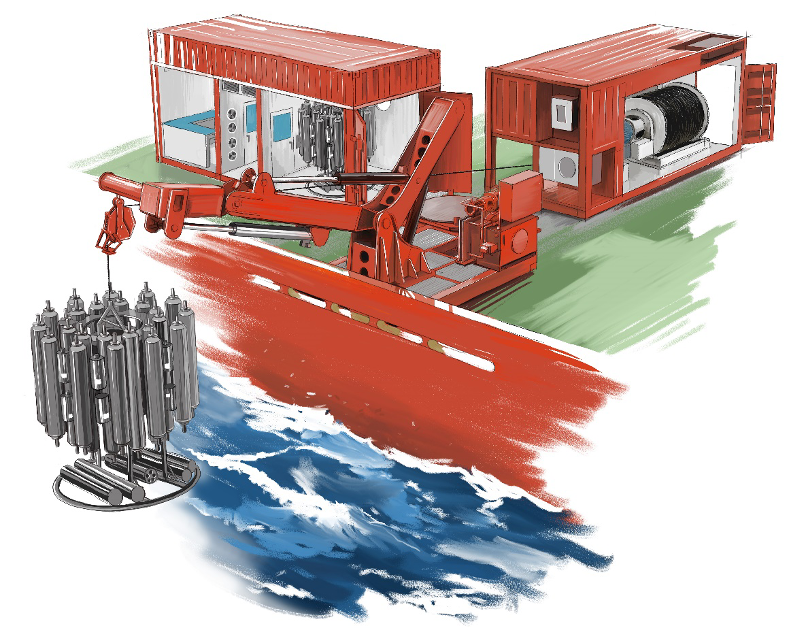
Zhang and a group of engineers and researchers from Shanghai and Qingdao are presenting a modular trace element sampling facility.
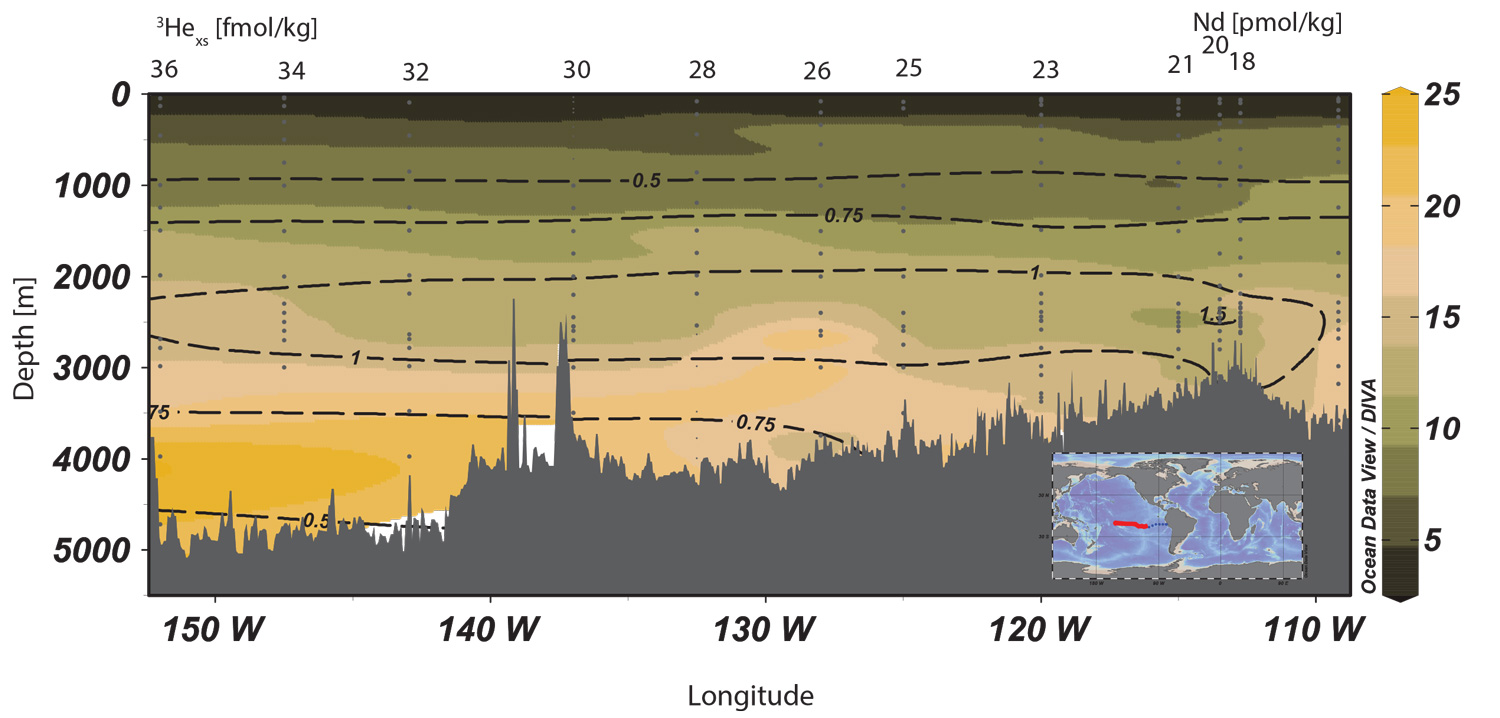
Basak and co-workers investigated the influence of particulate matter on neodymium distributions in the Southern East Pacific Rise Hydrothermal Plume.
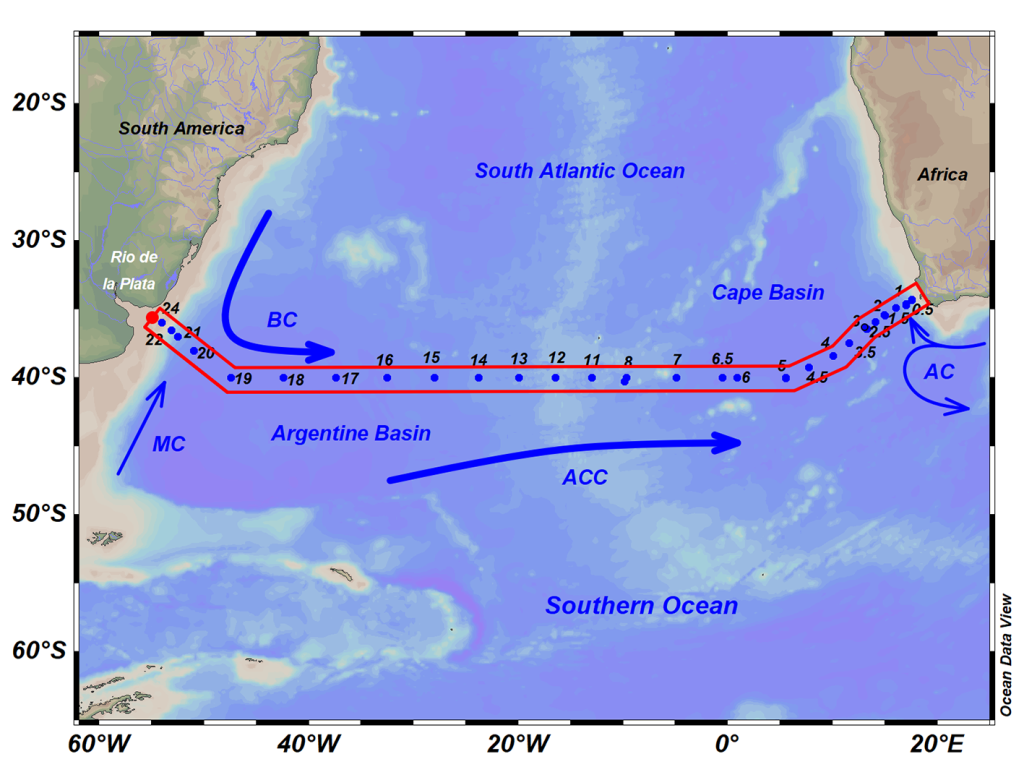
Chen and co-authors reveal that the distributions of dissolved tracers at depth in the South Atlantic are predominantly controlled by the mixing of North Atlantic Deep Water and waters of Antarctic origin…